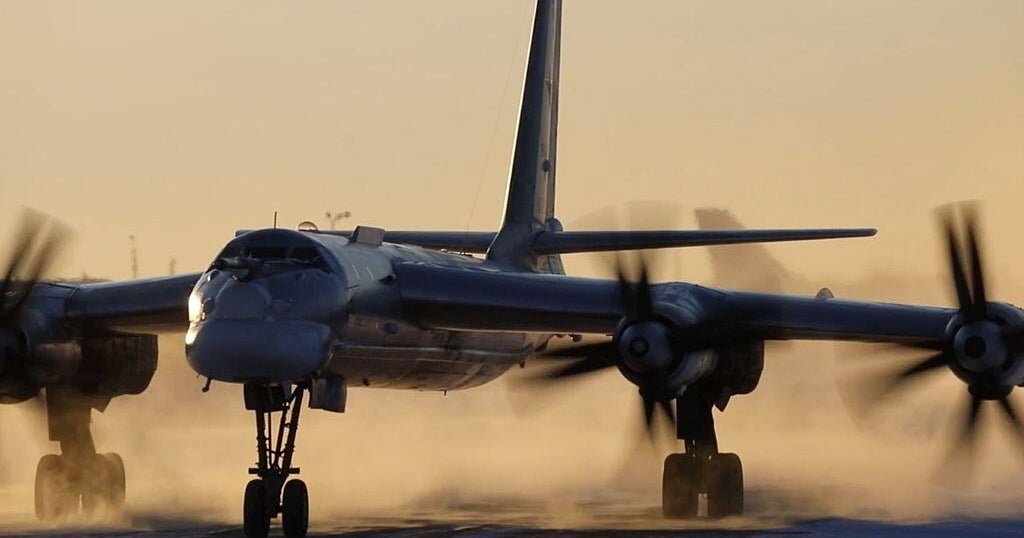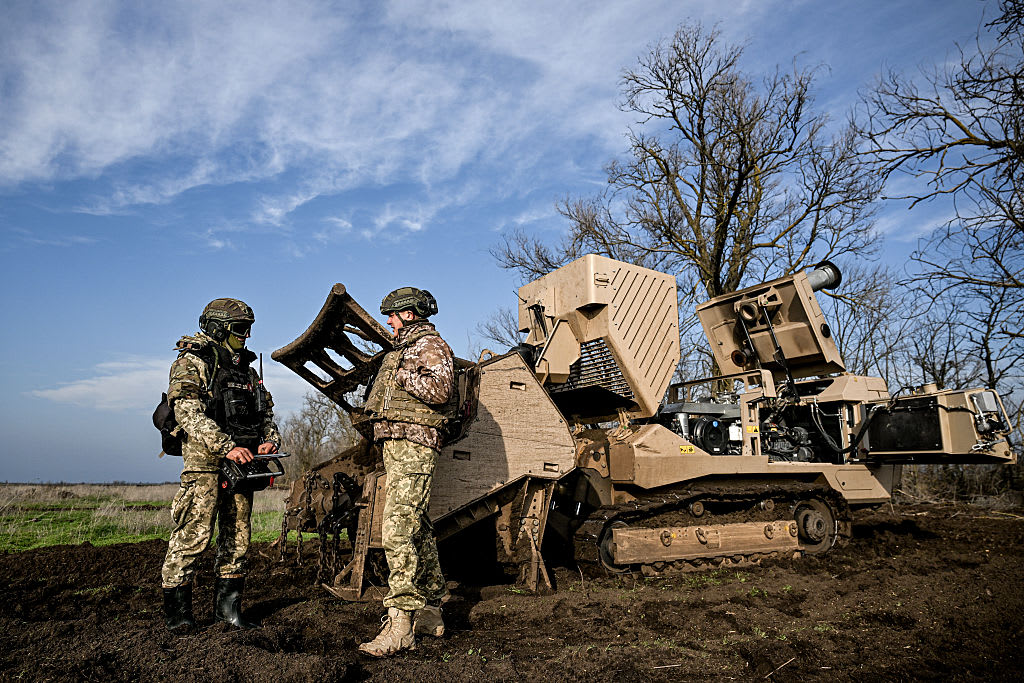U.N. General Assembly emergency session hears overwhelming global support for Ukraine
United Nations - The United Nations General Assembly began meeting on Monday for a rare Emergency Special Session to discuss the Russian invasion of Ukraine. The U.S. and Albania requested a Sunday Security Council meeting to vote to convene the emergency General Assembly session, the first of its kind in 40 years and only the 11th such session in U.N. history.
The 15-member Security Council approved the General Assembly emergency session on Sunday with only Russia voting against it. Russia's no vote did not prevent the measure from being adopted, since it was a procedural vote. Russia's presidency of the Council — which alternates among Council members monthly — ends on Monday.
At the special session, leaders condemned Russia's military attacks on Ukraine. Switzerland, which traditionally stays neutral and has been known as a safe haven for global finance, announced that it will impose the same sanctions as the European Union and blocked the travel of five oligarchs close to Russian President Vladimir Putin.
Switzerland's Ambassador to the U.N. Pascale Baeriswyl said that her country will also support the General Assembly draft resolution that condemns Russia.
"Each life lost is one too many, we express our solidarity with the people of Ukraine," she said.
U.N. Secretary-General Antonio Guterres, who has been so outspoken that Russia's Foreign Minister Sergey Lavrov said he was speaking out of turn, told diplomats on Monday that "The guns are talking now, but the path of dialogue must always remain open, we need peace now."
Ukraine's Ambassador Sergiy Kyslytsya was the most somber: "Have no illusions. If Ukraine does not survive, we cannot be surprised if democracy fails next."
Poland's U.N. Ambassador Krzysztof Szczerski said that he is most proud of his country's readiness to help Ukranians seeking to flee. "Polish families are opening their homes to refugees," he said.
"Poland may not be a geopolitical superpower but we want to be a solidarity superpower," Szczerski said.
Russia's Ambassador Vassily Nebenzia repeated the Russian Federation position that Russia did not start the conflict. Nebenzia received a phone call during the press conference with the news that the U.S. Mission to the U.N. is expelling 12 diplomats from Russia's Mission to the U.N.
A spokesperson for the U.S. Mission said the 12 were expelled because they "abused their privileges of residency in the U.S. by engaging in espionage activities that are adverse to our national security." The spokesperson said the action "has been in the works for several months."
The meetings come after Russian President Vladimir Putin ordered Russian nuclear deterrent forces put on alert Sunday in response to what he called "aggressive statements" by leading NATO powers.
General Assembly action, which is unenforceable, is intended to show that the global community is shocked by the unprovoked attack by Russia on Ukraine, the U.K., France and the U.S. said.
On Sunday, U.S. Ambassador to the U.N. Linda Thomas-Greenfield commended the Security Council's decision to hold the emergency session.
"The Council members who supported this resolution recognize that this is no ordinary moment," Greenfield said. "We need to take extraordinary actions to meet this threat to our international system and do everything we can to help Ukraine and its people. President Putin put Russia's nuclear forces on high alert, even though he is invading a country with no nuclear weapons and is under no threat from NATO."
To Russian officers and soldiers, Thomas-Greenfield said: "The world is watching."



